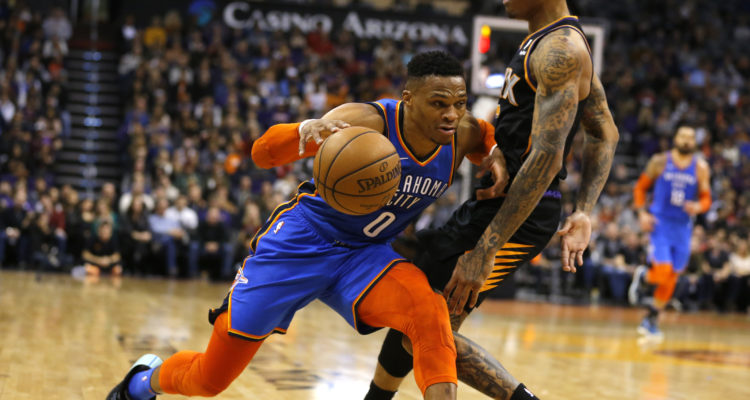Ben Gurion University of the Negev research shows that NBA teams that come from behind do not garner more overtime wins.
By David Jablinowitz, World Israel News
Anyone following sports knows how often the concept of momentum is raised as crucial in taking charge of a game in any sport. But is that true? No, say some researchers at Ben Gurion University of the Negev (BGU). They say that their study has shown that teams that come from behind do not have a greater chance of winning in overtime. The study is published in the Journal of Economic Psychology.
“People talk about momentum as an indicator for success in business, sports, and politics,” says Dr. Elia Morgulev from the BGU Department of Management and Guilford Glazer Faculty of Business and Management.
“However, after studying close to 900 tied games with fourth-quarter comebacks over 11 National Basketball Association seasons, we found that regardless of momentum, teams with the home court advantage and the better season-long win-loss record were more likely to succeed in the five-minute overtime,” he says.
The university says that this is the first research that analyzes the effect of fourth-quarter comebacks on overtime performance. They address the larger question of whether or not recent success creates enough psychological momentum to make a positive impact on subsequent team and individual performance.
“These findings raise questions for future research,” says Prof. Michael Bar-Eli, one of the researchers. “Why don’t we observe momentum in situations where success should lead to psychological and physiological gains?” he asks.
Bar-Eli also raises the following questions: Could the momentum of a comeback team be offset by a more aggressive, focused, and motivated team that feels it was “robbed” of its win and must now go into overtime? Could the comeback team be so exhausted that they lose momentum? Could releasing tension during even a brief break before overtime cause a team to relax because they feel they’ve achieved their target of not losing, diminishing or eliminating potential momentum?
Dr. Morgulev, who is also the head of physical education studies at the nearby Kaye Academic College of Education says, “these findings are also relevant in the education field as current pedagogy is obsessed with promoting the experience of success. They often neglect the importance of obstacles and failures in building character and in fostering inner motivation to overcome and prevail.”
Ultimately, the researchers ask: Why do people tend to associate NBA comebacks with psychological momentum, even though data does not support it? “It seems intuitive to expect a comeback team to benefit from momentum,” says Prof. Ofer H. Azar, another researcher in this project. “So perhaps when a team that closed a gap in the fourth quarter does win in overtime, it stands out more in people’s memories and reinforces a common belief over time.”





